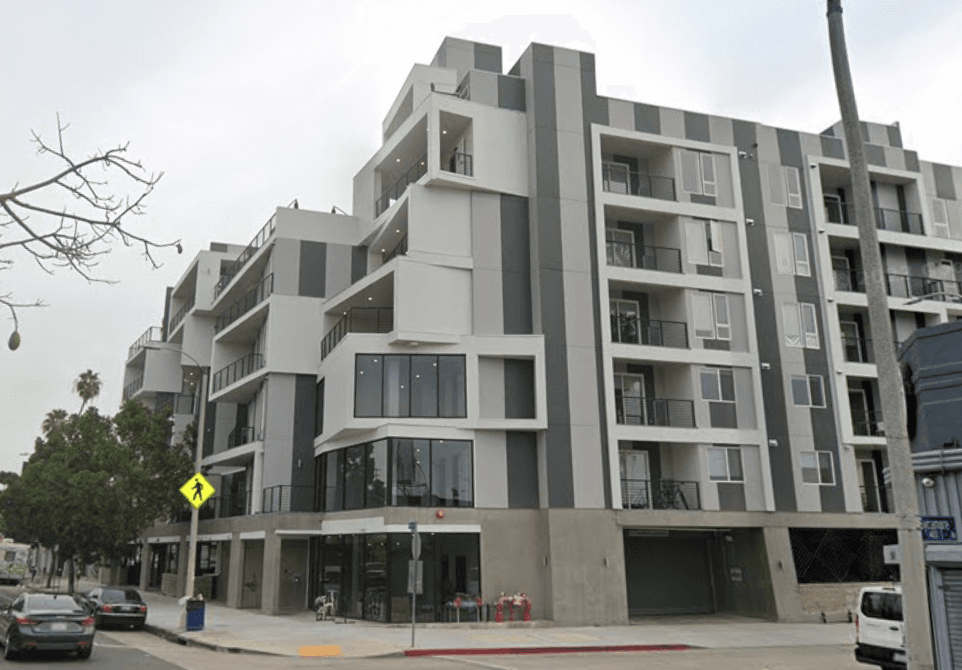Commentary
According to the Democrats, democracy and a woman’s right to choose, is on the ballot in November. According to Republicans, the economy and America’s strength, safety, and security is on the ballot. But there is another issue on the ballot which both sides may be underestimating. Which party will be entrusted to lead the celebration of America’s 250th anniversary on July 4, 2026?





